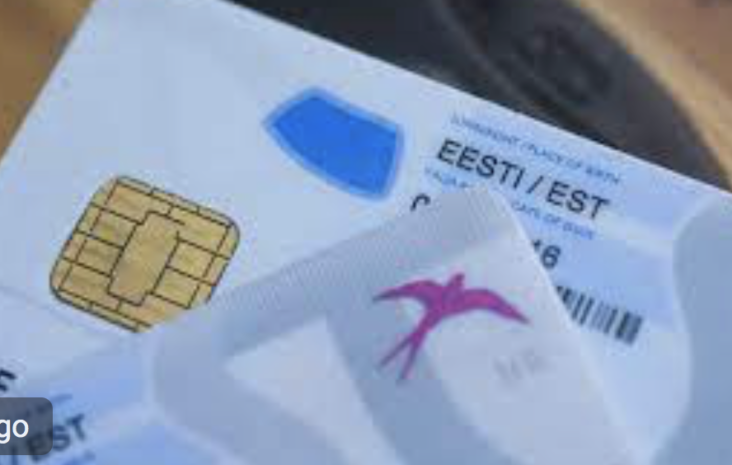
In a significant development, Estonia has decided to keep ID-cards mandatory for its citizens until the introduction of the EU’s digital wallet, signaling a pivotal move towards embracing a digital-first approach in identity verification. This decision comes after discussions between the Ministry of Economic Affairs and Communications (MKM) and the Ministry of the Interior, highlighting the critical role of ID-cards in Estonia’s digital infrastructure and the anticipated benefits of the EU digital wallet initiative.
Preserving Estonia’s Digital Foundation
Madis Tapupere, from MKM, emphasized the ID-card’s foundational role in Estonia’s digital state success, noting its critical mass of usage as a catalyst for the nation’s digital advancements. Despite the growing preference for mobile solutions, the ID-card’s mandatory status has ensured widespread adoption, facilitating seamless access to electronic services. Elen Kraavik from the Ministry of the Interior highlighted the mobility of e-services and the cumbersome nature of physical ID-cards, indicating a shift towards more flexible identity verification methods.
Survey Insights and Future Projections
Recent online surveys conducted by the Ministry of the Interior suggest a continued demand for ID-cards, even if not mandatory, especially among older populations who may not utilize digital identity cards. This demographic is at risk of ID-card misuse, necessitating legal changes for their protection. The upcoming digital wallet, mandated by the EU, promises an innovative solution, offering a unified platform for various identity and certificate types, potentially streamlining identity verification processes across Europe.
The Road to Digital Wallet Implementation
The digital wallet’s design remains under discussion, but its goal is clear: to provide a secure, mobile application for authenticating e-services and managing digital signatures and certificates. The transition to this new system is expected to take up to two and a half years, with the mRiik app, an interim solution, launching this summer. However, the digital wallet and mRiik app will serve distinct purposes, ensuring no overlap in functionality and maintaining a robust digital identity ecosystem in Estonia.
The decision to retain mandatory ID-cards until the digital wallet’s introduction reflects Estonia’s commitment to digital innovation while safeguarding its citizens’ identities. This approach not only preserves the integrity of Estonia’s digital state but also sets a precedent for seamless integration with the broader European digital identity framework, supporting the EU’s vision of a connected, digital future.



